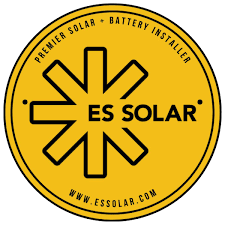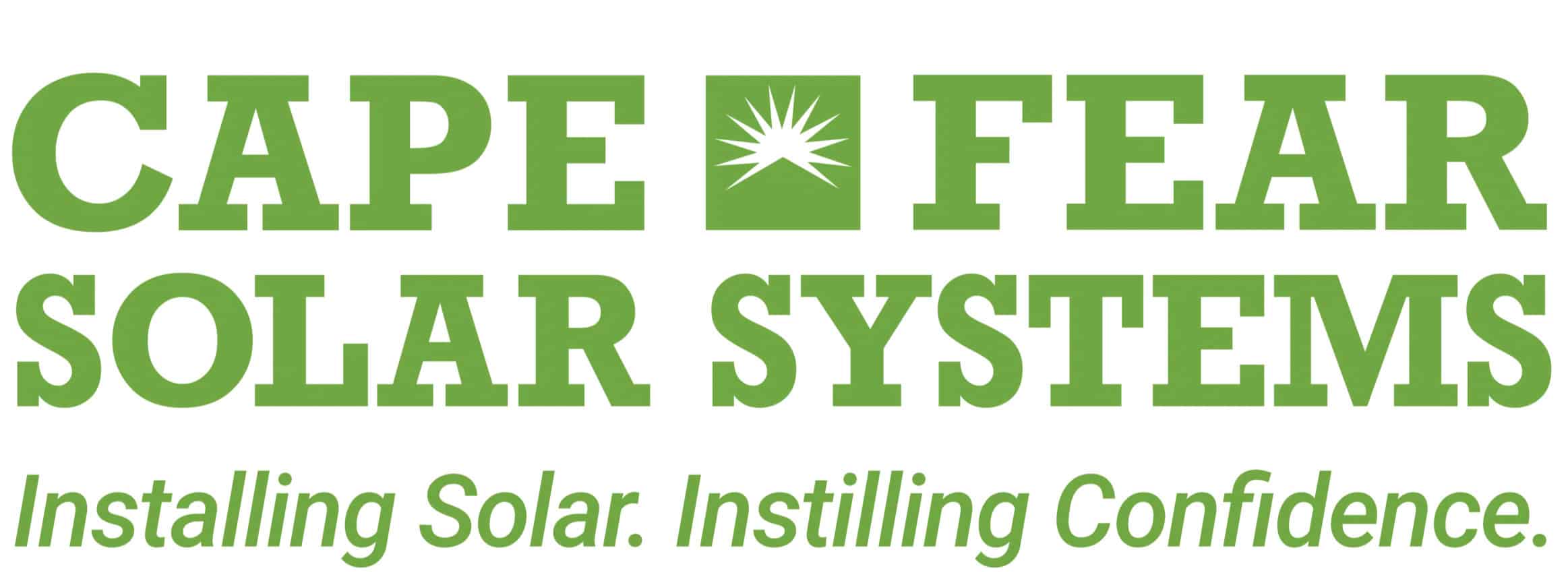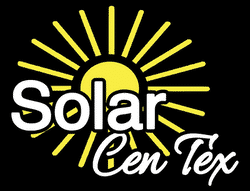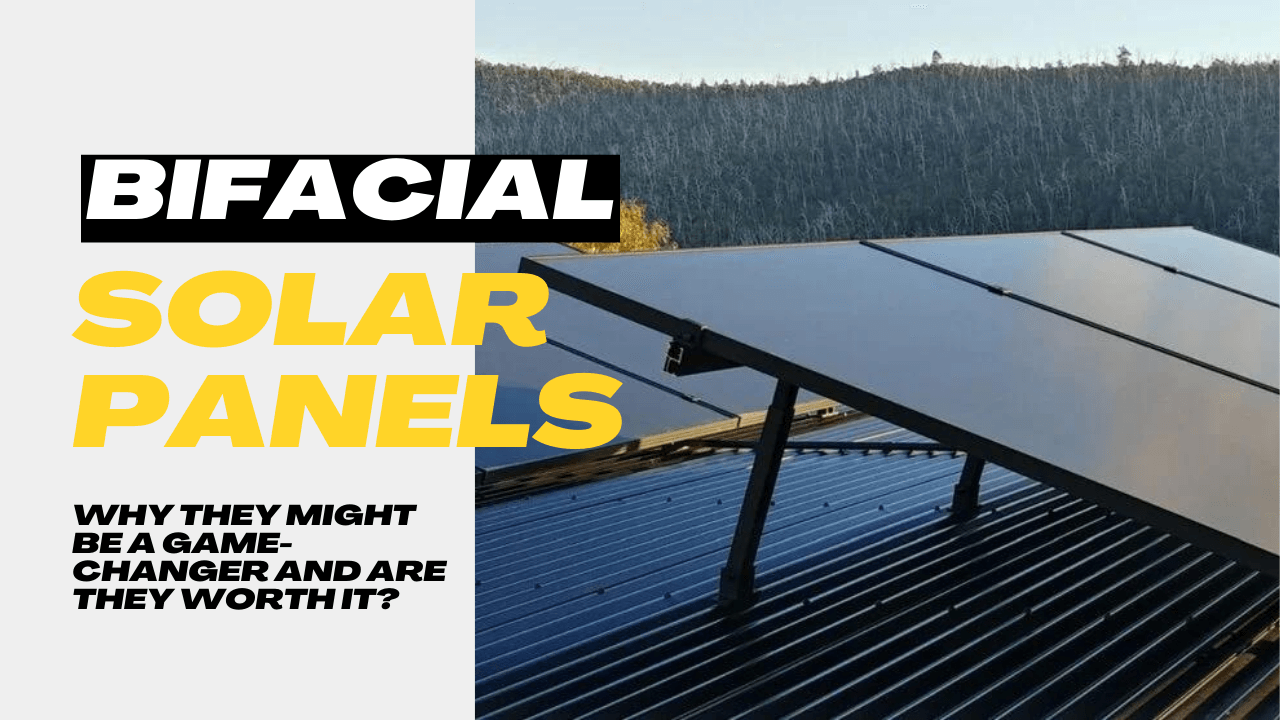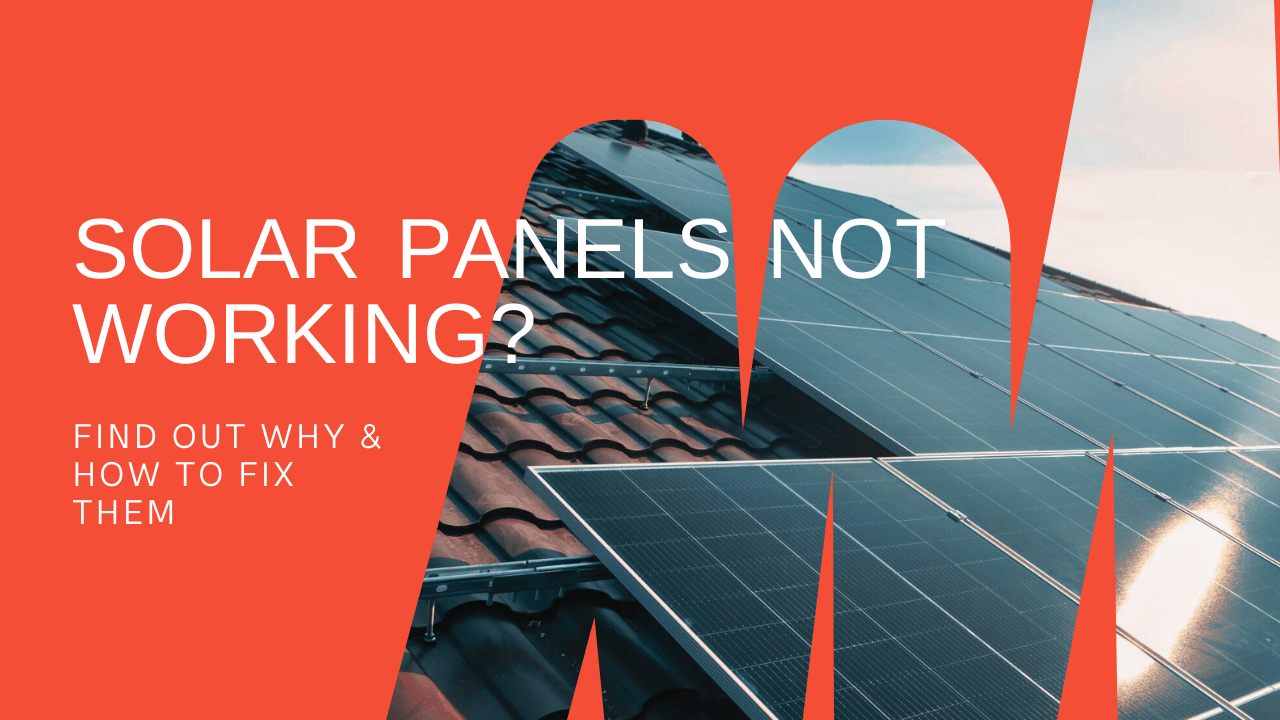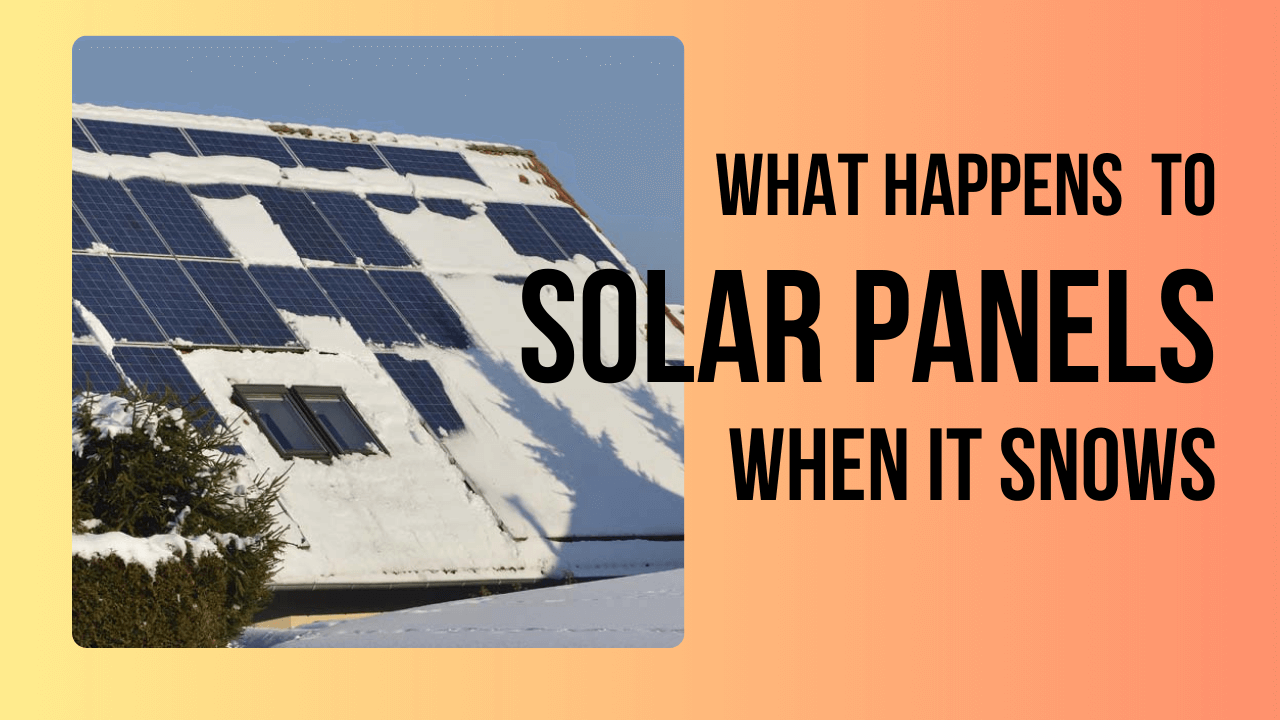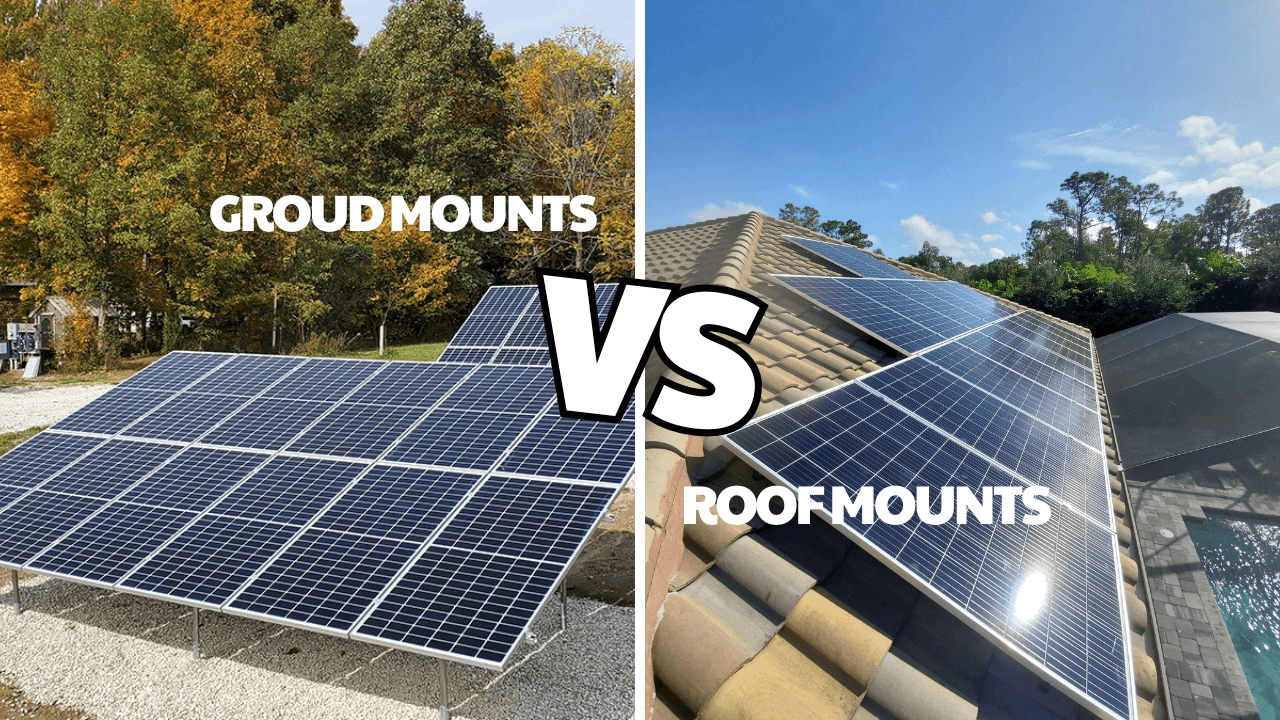How Do We Rate Solar Companies?
TL;DR: We rate solar installers from 1 to 5 stars to help you pick the best one. High stars mean they’re really good at what they do and treat their customers right. Low stars? Not so much. We give credit to companies that have been around for a while, know what they are doing, have a high standard of workmanship and equipment, don’t hire subcontractors to keep the bar of solar installation quality high and have good local reviews from real customers (yes, we check if the reviews are actually real or fake). Companies we choose as top-rated know and can help with federal and local solar incentives to help you save, have good financing plans, and guarantee their work. We’re here to point you to the solar companies that truly rock, making going solar easy and worthwhile for you.
Check our detailed review process here.
Is It Worth Going Solar in California?
Yes, California is one of the best places to invest in solar. Here’s why:
Energy Savings: California is known as the ‘Golden State’ due to its abundant sunshine, making it one of the best states for solar power1. By installing solar panels, homeowners can generate their own electricity, reducing or even eliminating their dependence on the electrical grid. This can significantly lower their utility bills.
- Financial Benefits:
- Lower Electricity Costs: California has high electricity costs, with Californians paying more than 60% of the average American for their electrical charges. Solar panels can help homeowners break free from these high costs.
- Incentives and Rebates: California offers several incentives to encourage both homes and businesses to adopt solar energy. These include the federal Investment Tax Credit (ITC), which allows homeowners to claim 30 percent of their new solar energy system’s cost as tax credits4, and the California Solar Initiative – Single-Family Affordable Solar Housing (SASH) Program, which provides upfront rebates and funding to low-income homeowners.
- Property Tax Exclusion: California law protects against property tax increases for homeowners who install solar panels. This means that installing solar panels will not impact your property taxes.
- Increased Home Value: Homes with solar panels are more attractive to buyers and studies have shown that they sell faster and for higher prices.
- Energy Independence: By generating your own energy, your reliance on the grid will be minimized. This can be particularly beneficial in times of power outages.
*However, the decision to go solar also depends on your specific circumstances, such as your energy consumption, the orientation and shading of your roof, and your budget. It’s recommended to get a personalized quote from a solar installer to understand the potential savings and payback period for your home.
How much does solar save homeowners in California?
The exact savings depend on several factors, including the size of the solar system, the amount of sunlight your home receives, and your home’s energy consumption. However, even with the introduction of Net Energy Metering (NEM) 3.0, which reduced the compensation rate for excess solar energy sent back to the grid, solar systems in California can still provide substantial bill savings.
Payback Period: The payback period is the time it takes for your solar installation to earn back the initial costs through energy savings. Under NEM 3.0, the payback period for solar and battery storage systems in California is estimated to be between 5-7 years. However, some sources suggest that the payback period could extend to 14-15 years due to the reduced export rates under NEM 3.0.
Before installing solar panels, homeowners are fully dependent on the grid for their electricity needs, which can lead to high utility bills, especially in California where electricity costs are above the national average. After installing solar panels, homeowners can generate their own electricity, reducing their dependence on the grid and significantly lowering their utility bills. In fact, solar systems can be designed to produce 100% of household electricity consumption, essentially replacing your utility electric bill with a lower, more stable payment on the solar system.
What is the average cost of going solar in California?
Average Cost: As of March 2024, the average cost of a solar panel system in California is approximately $2.91 per watt, including installation1. For a standard 5 kilowatt (kW) system, this comes out to about $14,558 before incentives. However, prices can range from $12,374 to $16,742.
Cost After Incentives: After factoring in the federal solar tax credit, which allows homeowners to claim 30% of their new solar energy system’s cost as tax credits, the average price drops by 30%.
Cost Variation: The cost can fluctuate across the state, depending on your location, the type of panels you install, and the conditions they are installed in.
Cost by System Size: The cost to install solar panels varies depending on the size of the system. For instance, while a 5 kW system will cost you about $14,558 in California, doubling the system size to 10 kW effectively doubles the price.
*It’s important to note that these are average costs and the exact cost can vary depending on specific circumstances. Therefore, it’s recommended to get a detailed quote or consult with a solar professional to understand the potential costs in your specific situation.
California Solar Incentives
Federal Solar Incentive
The most important national incentive is the solar Investment Tax Credit (ITC). You can claim 30% of the total system cost as a tax credit. If you don’t have enough in taxes to claim the whole thing in one year, the tax credit rolls over to the next year.
California State Solar Rebates
- Residential Clean Energy Credit: Most California residents are eligible to receive the Residential Clean Energy Credit, formerly known as the Investment Tax Credit or ITC.
- Disadvantaged Communities Single-Family Affordable Solar Homes (DAC-SASH) Program: This program offers solar incentives for low-income households that meet certain eligibility requirements. The DAC-SASH incentive can cover the full cost of most solar panel systems.
- Solar Energy System Property Tax Exclusion: California law protects against property tax increases for homeowners who install solar panels.
- Net Metering and Net Billing Programs: These programs allow solar panel owners to sell excess electricity back to the grid.
Local Solar Incentives in California
- Los Angeles Department of Water and Power Solar Incentive Program: This program offers $0.25/Watt off of systems larger than 1.5 kW.
- Alameda Municipal Power income-qualified solar rebate: This rebate is available for income-qualified residents.
- CleanPowerSF Solar Inverter Replacement Program: This program offers incentives for replacing solar inverters.
- Lancaster Energy Power Choice: This program offers incentives for solar installations.
- Sacramento Municipal Utility District battery storage incentive: This program offers incentives for installing battery storage systems.
- San Diego Green Building Incentive Program: This program offers incentives for green building practices, including solar installations.
- Silicon Valley Power Low Income Solar Grant Program: This program offers grants for low-income residents to install solar panels.
- SoCalGas Solar Thermal Water Heating System Rebate: This program offers rebates for installing solar thermal water heating systems.
*Please note that the availability and amount of these incentives can vary, and some may have expired or changed since the last update. Therefore, it’s recommended to check the current status of these incentives with a solar professional or the relevant authorities.
Net Metering Policies in CA
Net metering, or Net Energy Metering (NEM), is a billing arrangement that allows residential and commercial customers who generate their own electricity from solar power to feed electricity they do not use back into the grid.
- 1. NEM 3.0: In December 2022, the California Public Utilities Commission (CPUC) voted unanimously to approve California’s third iteration of net metering, or NEM 3.0. This new tariff significantly reduced net metering compensation rates for new California solar customers by about 75 percent.
- Impact of NEM 3.0: The main impact of NEM 3.0 is that it reduces compensation for excess power sent to the electric grid. Many states offer a credit equal to the retail electricity rate for exported solar production. However, under NEM 3.0, the CPUC established a new rate for crediting solar exports, shifting the structure from net metering to net billing, which is much lower in value.
- 3. Grandfathering: Existing solar customers and those who went solar before NEM 3.0 went into effect (through April 14, 2023) were grandfathered into their original net metering policy. Solar shoppers who submitted interconnection applications after April 14, 2023, fall under NEM 3.0.
- 4. Future of Solar Savings: The economic outlook for solar installations under NEM 3.0 will be more favorable if they incorporate energy storage. This is because the new policy should encourage customers to purchase solar battery storage with their solar system.
Please note that these changes have been controversial, with some arguing that they discourage the adoption of solar and make it less affordable. Despite this, the CPUC says that NEM 3.0 will increase grid reliability and provide more solar opportunities for low-income homes through new incentives and bill credits3.
Are There Any Community Solar Programs in California?
Yes, there are several community solar programs in California. Here are some key programs:
- Clearway Community Solar: This program offers a roofless solar solution for local residents and businesses. Subscribers receive bill credits that reduce their electricity charges.
- Community Solar Pilot Program: This program is designed to expand access to renewable energy for low-income households that do not have the ability to participate in existing low-income solar photovoltaic (PV) programs.
- MCE: MCE offers renewable local electricity service for more than 1.5 million residents and businesses in 37 Bay Area communities.
- Community Solar in California: Since 2007, California has dedicated over $1 billion towards low-income and community renewable energy programs. The state’s low-income rooftop solar, low-income multifamily solar, and community solar programs have resulted in over 13,365 approved projects and 430 MW of solar capacity online or in process.





